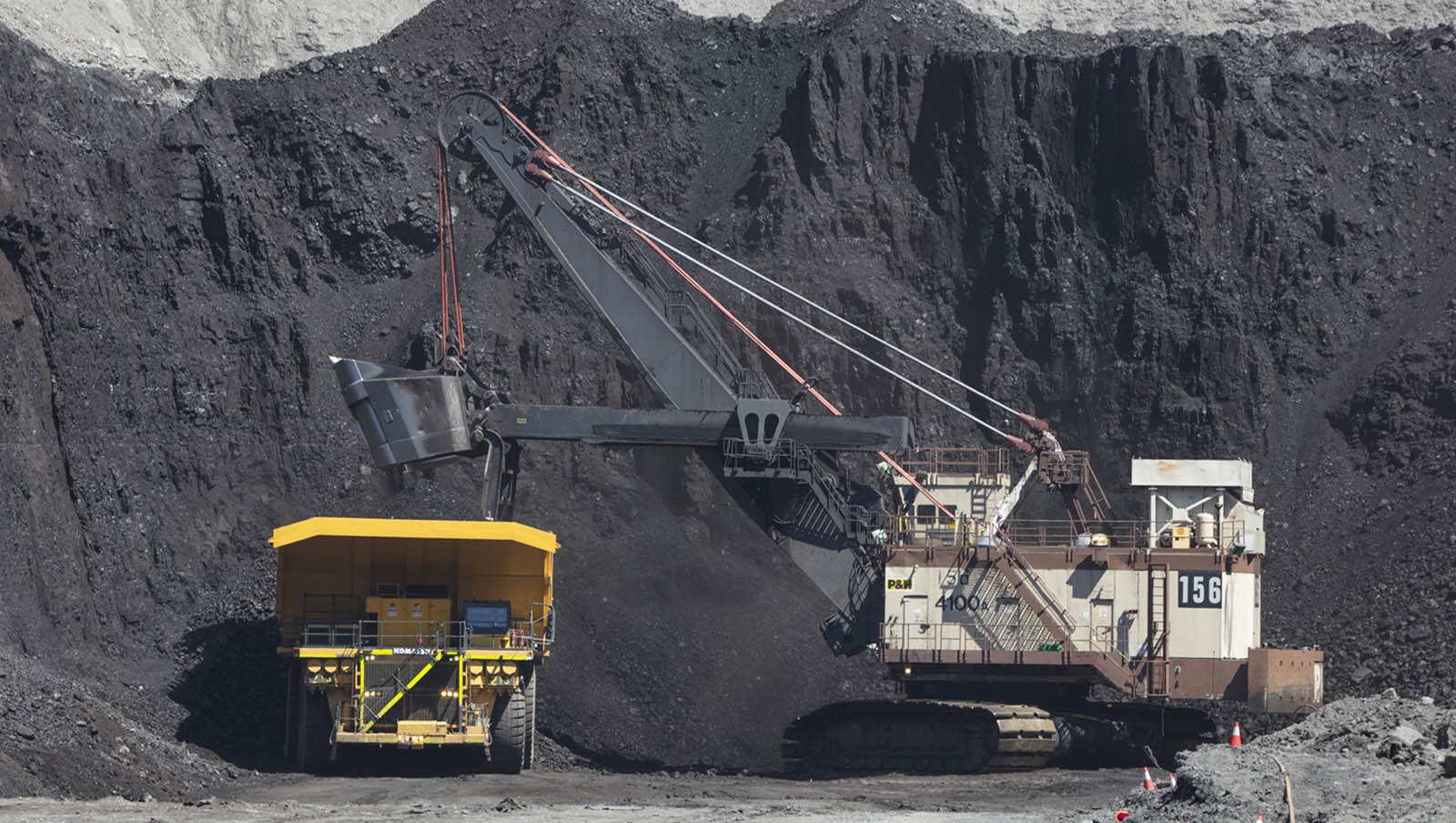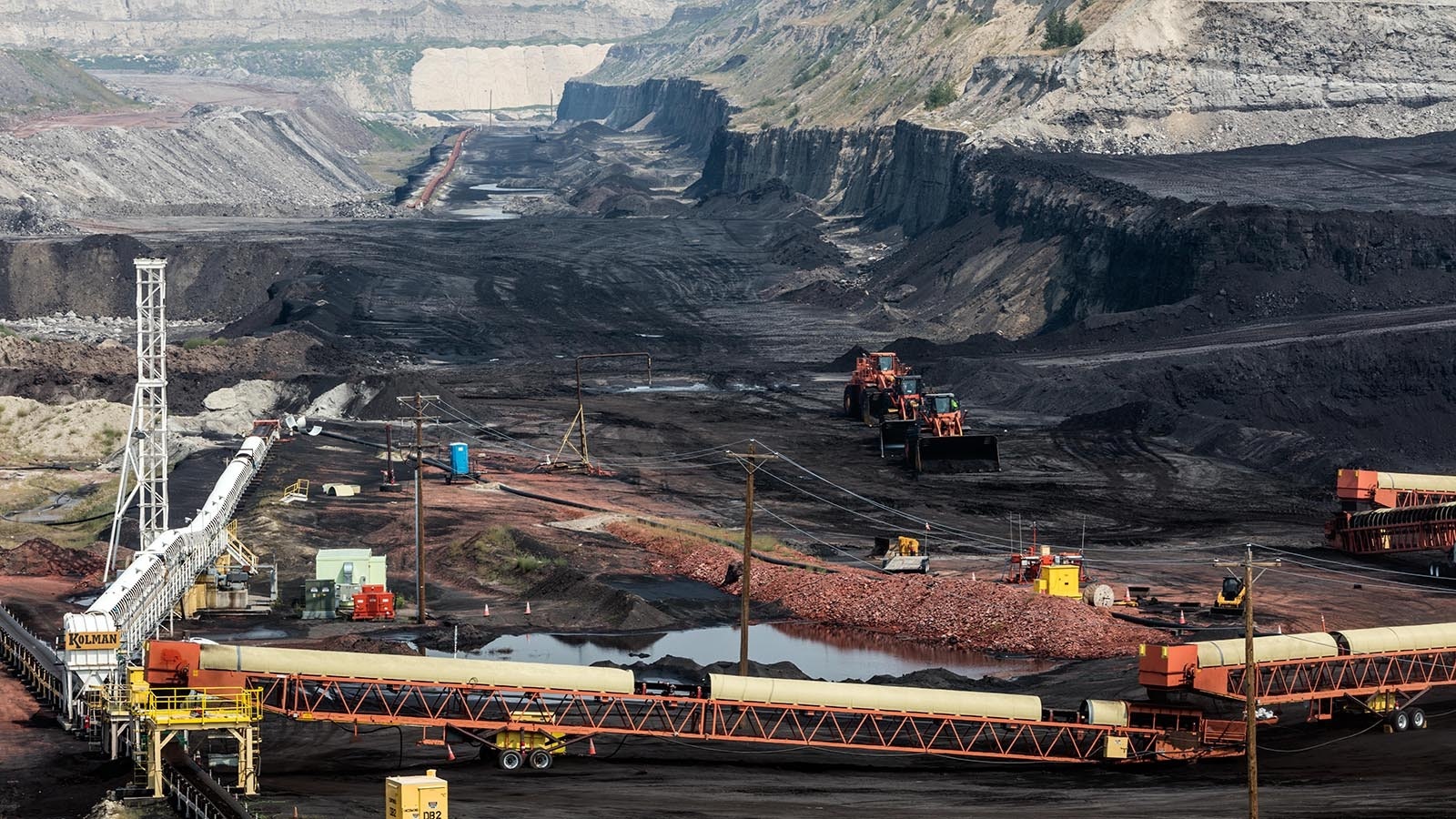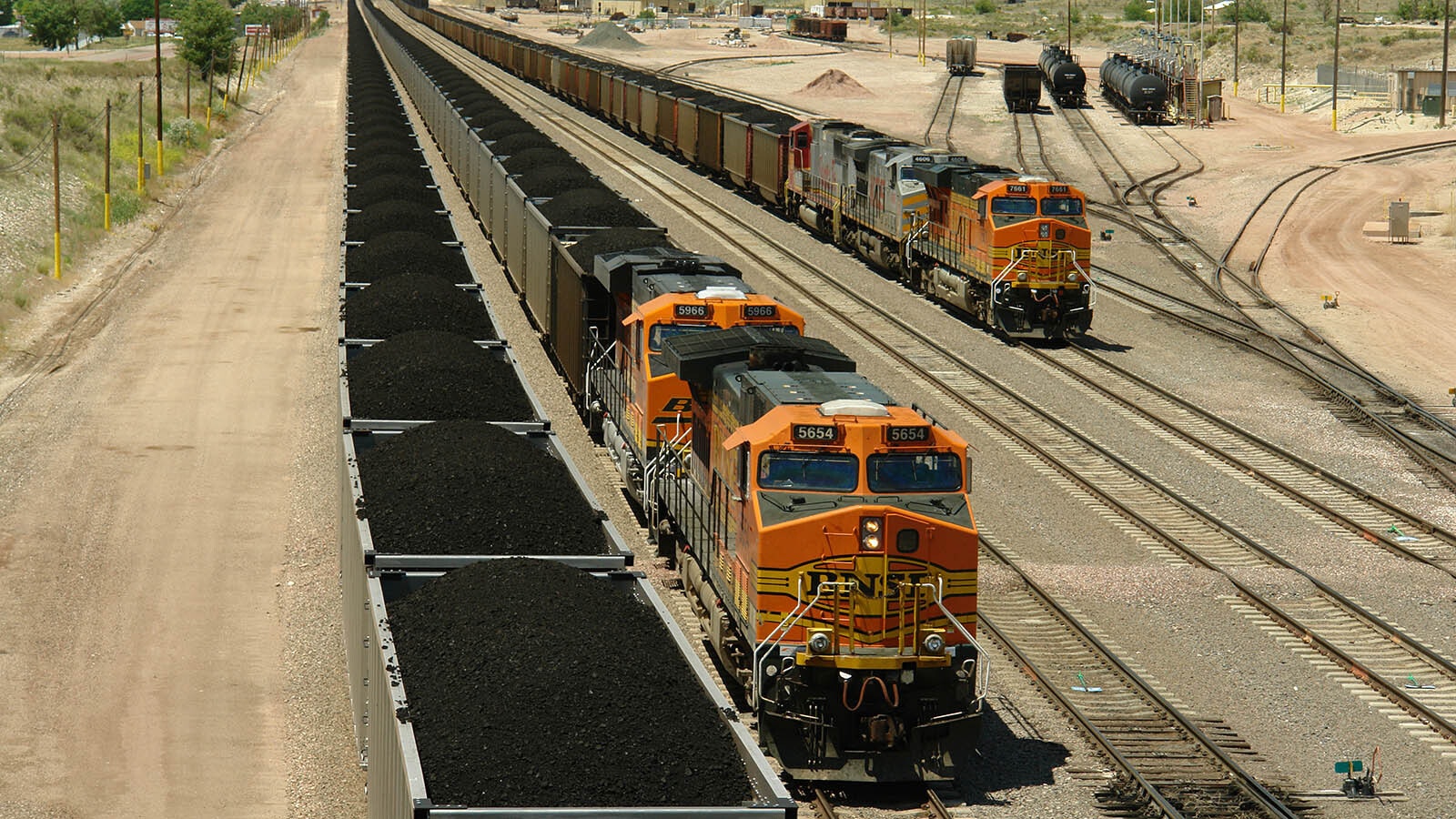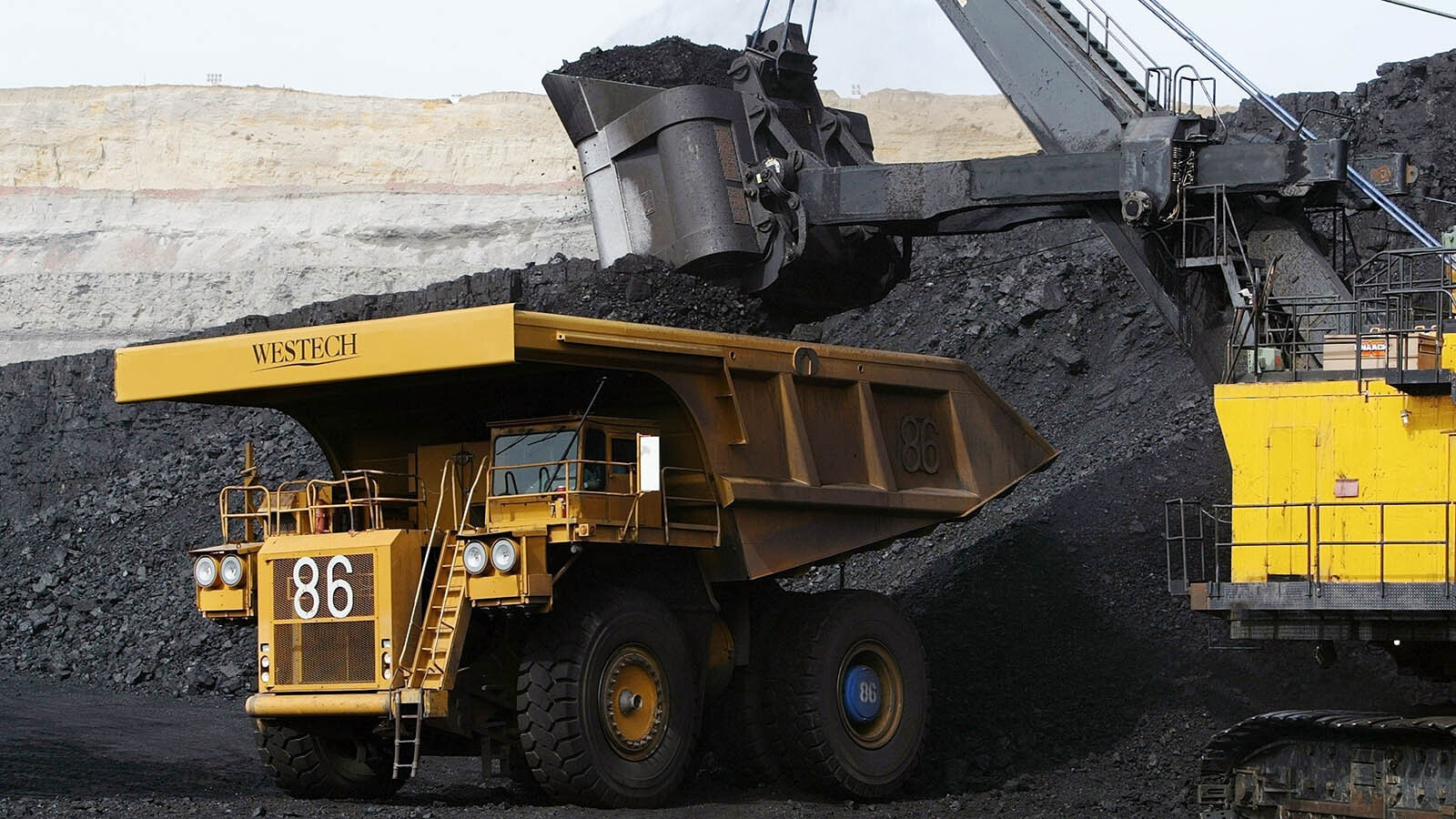Rail transportation issues and increased costs lowered the performance of Peabody Energy’s Powder River Basin coal mines in the fourth quarter of 2022, but the company did well overall.
The rail issues were related to labor shortages, but also cold weather in December. During the Arctic blast, the company planned to run 18 trains per day but could only get one.
Peabody operates the Caballo, North Antelope Rochelle and Rawhide mines in northeast Wyoming.
From those mines, Peabody shipped 21.2 million tons of coal in the fourth quarter, down from 22.5 million the same quarter last year.
Cold Trains
“Sales items were negatively impacted in the quarter primarily because of abnormally cold weather in late December,” explained Peabody president and chief executive officer Jim Grech during the company’s earning’s call Tuesday morning.
Grech said that the two December cold snaps cut available trains drastically. During the first cold event, operations had eight to nine trains per day to ship coal, Grech said, while the company had planned for 18.
An Arctic blast came through Wyoming on Dec. 21, sending temperatures to record-breaking lows in some cases. Casper’s low temperature of minus 42 degrees could be the coldest the community has ever recorded.
That event, Grech said, reduced the trains available to one per day.
Altogether, the weather reduced the PRB mine output by 1.1 million tons, Grech said.
Higher Costs
The mines also saw higher costs in the fourth quarter of 2022 compared to the same quarter in the previous year. This was due to higher maintenance, higher repair costs, lower sales volumes and higher black lung excise taxes enacted as part of the Inflation Reduction Act.
Earnings before interest, taxes and amortization (EBITA), a measure of profitability used by investors, was $68.2 million in the fourth quarter of 2022, down from $134.9 million in the same quarter in 2021.
Other segments of the company’s operations performed better than the PRB, resulting in an adjusted EBITA of $500.5 million, up from $444.4 million in the fourth quarter of 2021.
Outlook
Mark Spurbeck, the company’s executive vice president and chief financial officer, said Peabody has contracted all the coal it will produce in 2023 from its PRB mines.
Spurbeck said the company had a “strong hand” with respect to its other thermal mines – meaning coal used primarily for the production of electricity.
“The demand has been there. Our customers, particularly our PRB customers, are still short of their target inventories. Even though they’re burning less coal, they are still short of their inventory,” Spurbeck said.
The main challenge, Spurbeck explained, is rail service. Besides weather issues in December, rail companies are experiencing labor shortages.
He said Peabody expects the problem to continue into the start of 2023, but with improvement coming later in the year as railroads add new crews this month.
“At the moment, that really … is nothing we’re seeing from the customer side. It’s more of a transportation issue, which is a carryover from last year,” Spurbeck said.
Labor Issues
Wyoming Mining Association Executive Director Travis Deti, during testimony during a presentation to the state Legislature’s Senate Minerals Committee last month, stated that all Wyoming coal combined could have produced about 50 million tons more coal last year were it not for disruption in rail service. mines
According to Union Pacific and Burlington Northern Santa Fe (BNSF), the two rail companies that ship from Wyoming coal mines, the primary issue with limited rail service is labor shortages.
The unions representing rail employees have been fighting the companies for better time-off policies.
Current and retired rail conductors and engineers have told Cowboy State Daily that the long hours and difficulty getting time off for things like doctor’s appointments have resulted in high turnover and difficulty recruiting.
A spokesperson for BNSF said in January the company is adding 1,800 train crew personnel and 1,200 new engineers, mechanics and dispatchers.
A Union Pacific spokesperson said last month that 600 employees are in training and will be added this year.





